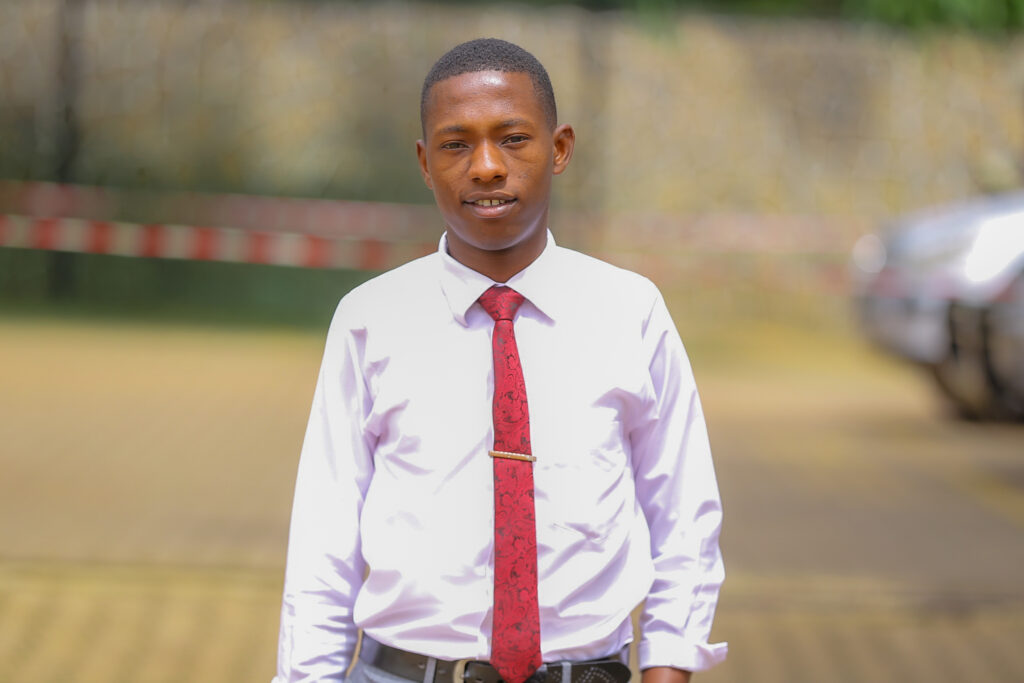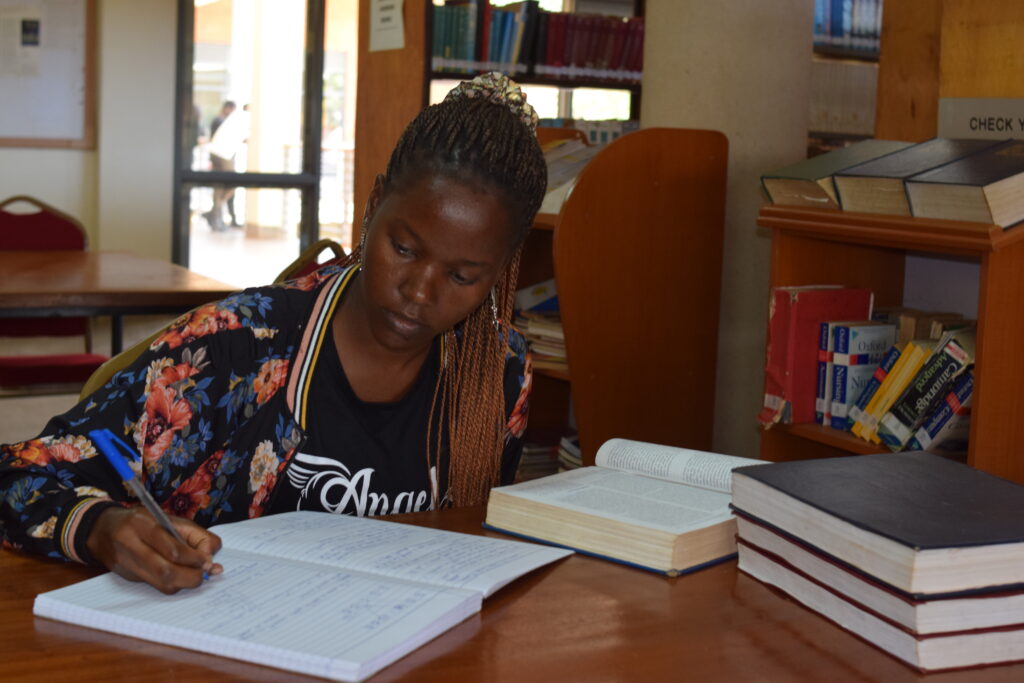By Eriah Lule
With several papers published at national and international levels, awards won, grants given, and partnerships forged, it is surprising the kind of state most African nations are still in.
Such decorations in academia leave one wondering about whether we are researching the right problems affecting our societies. If we are, are our papers and projects feasible for implementation and further sustenance? I ask because in most parts of this country, a random visit to different project sites around the country will show that many met their death on the day of commencement.
Such unfortunate endings to projects, as well as the ever-high costs of living, neocolonialism, rapid population growth, exponential growth in disease outbreaks, internal conflicts, and the snail-paced growth of our economies leaves one wondering who to blame.
Many would berate and blame the politicians. However, we should begin to cast our eyes on the academicians and ask what they are doing about these issues. This is because universities are regarded as hubs of solutions for any nation and should provide these for all walks of life, a statement Plato and other philosophers would affirm, if they still roamed amongst us.
It is shocking to note that most sub-Saharan states haven’t embraced academicians and research as part of the solution to stable growth. Indeed, one wonders how many researchers in particular fields have been invited to be part of mega Government projects as consultants so that the projects yield positive results for all involved.
Perhaps the reason, however, is that the academicians are selling themselves short. A number of questions arise as to the kind we have in the country, and are grooming.
Do these academicians take time to study the kind of grants and partnerships vis a vis the situations affecting the communities, or are they also chasing for bread and their selfish desires using this window?
Do funders intend to sponsor self-sustaining projects for the future or do they also want to implement projects for the sake of accountability and continuity of their programmes, and to appease their donors?
Do academicians engage technical people from different state and private sectors to provide input? Do they even present these recommendations and findings to the respective ministries and agencies?
Do we have a national research committee addressing such issues while calling the right stakeholders on board?
As I wrote in a national newspaper, New Vision, in an article titled, What happens to student research and projects after graduation, many kinds of individuals are assigned to supervise students yet they couldn’t implement projects past their theses.
These are hard questions we should be asking ourselves, instead of having thousands of files and books piling up for the young people to dive into, and yet they are not feasible or applicable. Does this perhaps partly explain the 80.6% literacy level of the country against a 2.80% unemployment rate as per the Uganda Bureau of Standards statistics of 2024?
Have we as a nation made our research to be just prestige, awards, and publications? What difference do funders have from the government, if most are piling and filing white elephant projects every year?
The dissemination of research findings shouldn’t stop at big hotel seminars and board presentations, after which light moments are shared and then posted on different social media platforms and websites.
Funders should take the initiative to establish follow-up teams to occasionally evaluate how feasible these papers and projects are and how better to improve them. This would help researchers and implementers get better and seal their experience and expertise in those particular fields. These activities would give them a better picture of the situation one is dealing with and in the end provide better and more practical solutions.

The writer is the Communication Assistant at UCU Alumni Association
luleeriah1998@gmail.com


